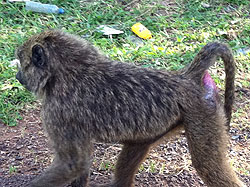Beloved of God,
This week, Christ is in procession. He comes among us and goes on parade before our eyes. He walks as both king and captive. His clothes are, at one and the same time, the robes of royalty and the rags of a slave.
His kingship is acknowledged even by his torturers even though they mock Him for it. They dress him in a crown of thorns and a purple robe. They laugh and spit. Yet, He does not act the part of the offended monarch. He does not answer the jeers with insults of his own. When they strip Him, He is not ashamed. When they beat Him, He is not indignant. As the nails go in, He forgives.
How can a slave be a King, and the King a slave?
This King is a servant to His Father’s will. He is a slave to Love. His blood is the blood of mercy, prefigured in every sacrifice, now poured out for the life of the world, once for all. His robes are the robes of death and disgrace. He willingly wraps himself in the shadows of every dark thought that has ever been cast over every human heart that has ever lived or ever will live: from the plot of Judas to our own most desperate private inklings. He wears these on his sleeve, publicly exhibits them as His coat of arms, claims them as the sovereign territory which the Father has put under His feet.
All of this He will change into glory. On the third day, the crucified flesh becomes radiant. The stopped heart, the glazed eyes, the clotted blood, rise out of death and become the spiritual Body of the Resurrection. He comes to us, the dark thinkers, walking through locked doors into the middle of our rooms. He stands among us and shows us our true inheritance, asking us to put out our hands and touch Him, to feel with our senses and take in with our minds the very substance and character of the Kingdom of God. Then He breathes on us, and tells us to go into the world and share this good news: sin is cancelled; death is done for. There is, from now on, nothing to fear.
So often, we do not live as though this were true. We are chained by our anxieties and our mistrust. We guard our love as precious food in short supply. Our minds echo so loudly with “What if?” and “If only-” that we cannot hear the angels shouting “He is Risen!” And yet, what we remember over a week, can happen to us in a moment. The murmured prayer, the raised Host, the kiss of peace, can kindle in a flash, from us, the act of courage, a plot of kindness, a strategy of love: we can be the ones who stop the bleeding of the world. May God grant us such grace to take in the mysteries of what we recall in these days, that our lives become vessels of the glory He has won.
Faithfully your bishop,
+Dorsey
crux est mundi medicina


 Dear Friends in Christ;
Dear Friends in Christ;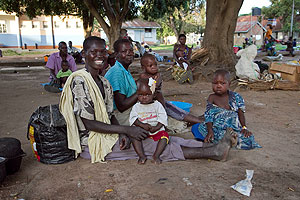
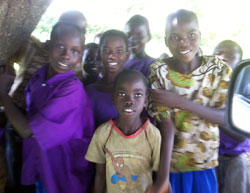 Please think and pray about whether you have a call from the Lord to this mission field. We are particularly interested in addiction specialists, teachers, nurses and physicians (general surgery, OB/GYN, pediatrics, hygiene education, etc.), but have taken dozens of people with a bewildering variety of gifts: actors, writers, EMT’s, gardeners and horticulturists, business consultants, accountants, evangelists, and folks with gifts of prayer. Please don’t think you have nothing to offer.
Please think and pray about whether you have a call from the Lord to this mission field. We are particularly interested in addiction specialists, teachers, nurses and physicians (general surgery, OB/GYN, pediatrics, hygiene education, etc.), but have taken dozens of people with a bewildering variety of gifts: actors, writers, EMT’s, gardeners and horticulturists, business consultants, accountants, evangelists, and folks with gifts of prayer. Please don’t think you have nothing to offer.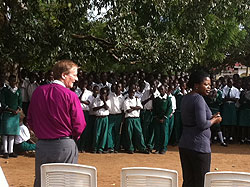
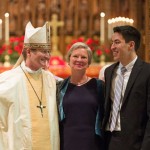
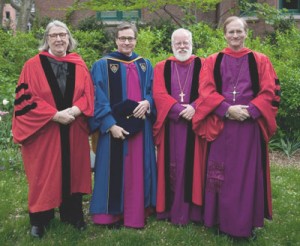
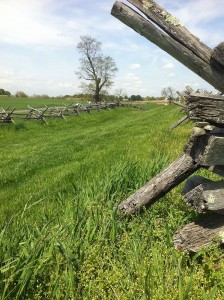
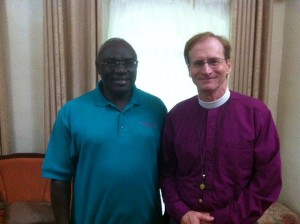
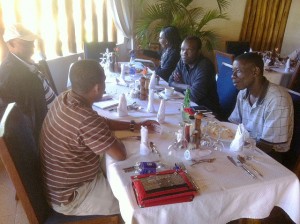
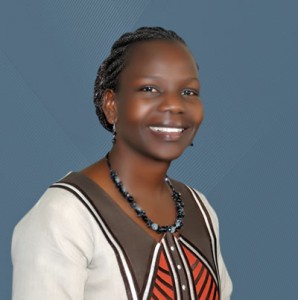
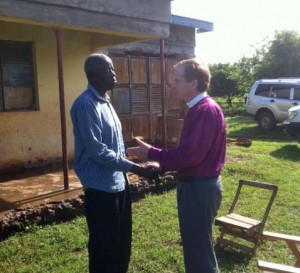
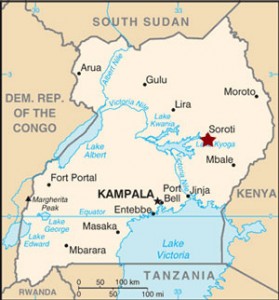
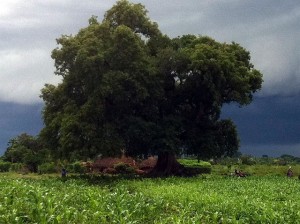
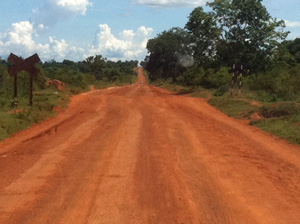
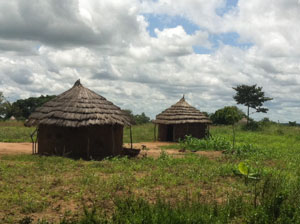 The camp is gone now, and the people have almost all been resettled into traditional lands. Since then, Pilgrim has concentrated on the task of helping them become food-secure. There have been floods and drought and crippling financial pressures that made us pull staff from the fields. Somehow, by the grace of God, we have managed to keep going, and the original vision is at last slowly becoming a reality.
The camp is gone now, and the people have almost all been resettled into traditional lands. Since then, Pilgrim has concentrated on the task of helping them become food-secure. There have been floods and drought and crippling financial pressures that made us pull staff from the fields. Somehow, by the grace of God, we have managed to keep going, and the original vision is at last slowly becoming a reality. 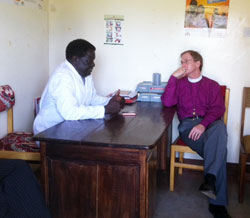 In the afternoon, I visit Beacon of Hope clinic, and talk with its director, Dr. Okwana, and his staff. We have high hopes this ten-bed clinic will evolve into a real hospital, and include a regional psychosocial trauma center covering northeastern Uganda and southern Sudan. Here they handle everything from infections to viruses, and undertake a lot of basic education in hygiene, pre- and post-natal care, and help families with the traumatic issues endemic to the rural poor.
In the afternoon, I visit Beacon of Hope clinic, and talk with its director, Dr. Okwana, and his staff. We have high hopes this ten-bed clinic will evolve into a real hospital, and include a regional psychosocial trauma center covering northeastern Uganda and southern Sudan. Here they handle everything from infections to viruses, and undertake a lot of basic education in hygiene, pre- and post-natal care, and help families with the traumatic issues endemic to the rural poor.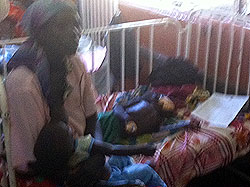
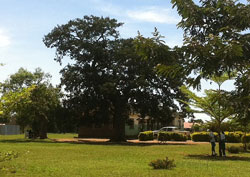 The children at Beacon of Hope gather for their assemblies and worship under the shade of a huge tree, related to the fig tree, that has become holy ground to us all. If you drive up after they have begun their worship, you can hear them singing from several hundred feet away. These kids are so full of joy and so grateful to be here, I can never think of them without feeling joyful and grateful myself.
The children at Beacon of Hope gather for their assemblies and worship under the shade of a huge tree, related to the fig tree, that has become holy ground to us all. If you drive up after they have begun their worship, you can hear them singing from several hundred feet away. These kids are so full of joy and so grateful to be here, I can never think of them without feeling joyful and grateful myself.